On the Hot Seat with John Herrick, Author of 'Beautiful Mess'
A self-described “broken Christian,” John Herrick battled depression since childhood. In that context, however, he developed intuition for themes of spiritual journey and the human heart.
Herrick graduated from the University of Missouri—Columbia. Rejected for every writing position he sought, he turned to information technology and fund development, where he cultivated analytical and project management skills that helped shape his writing process. He seized unpaid opportunities writing radio commercial copy and ghostwriting for two nationally syndicated radio preachers. The Akron Beacon Journal hailed Herrick's From the Dead as “a solid debut novel.” Published in 2010, it became an Amazon bestseller. The Landing, a semifinalist in the inaugural Amazon Breakthrough Novel Award contest, followed. Publishers Weekly predicted “Herrick will make waves” with his next novel, Between These Walls.
Herrick's nonfiction book 8 Reasons Your Life Matters introduced him to new readers worldwide. The free e-book surpassed 150,000 downloads and hit #1 on Amazon's Motivational Self-Help and Christian Inspiration bestseller lists. Reader response prompted a trade paperback.
His latest novel, Beautiful Mess, folds the legend of Marilyn Monroe into an ensemble romantic-comedy. Herrick admits his journey felt disconnected. “It was a challenge but also a growth process,” he acknowledges. “But in retrospect, I can see God's fingerprints all over it.”
What’s inside the mind of a contemporary fiction author?
Herrick graduated from the University of Missouri—Columbia. Rejected for every writing position he sought, he turned to information technology and fund development, where he cultivated analytical and project management skills that helped shape his writing process. He seized unpaid opportunities writing radio commercial copy and ghostwriting for two nationally syndicated radio preachers. The Akron Beacon Journal hailed Herrick's From the Dead as “a solid debut novel.” Published in 2010, it became an Amazon bestseller. The Landing, a semifinalist in the inaugural Amazon Breakthrough Novel Award contest, followed. Publishers Weekly predicted “Herrick will make waves” with his next novel, Between These Walls.
Herrick's nonfiction book 8 Reasons Your Life Matters introduced him to new readers worldwide. The free e-book surpassed 150,000 downloads and hit #1 on Amazon's Motivational Self-Help and Christian Inspiration bestseller lists. Reader response prompted a trade paperback.
His latest novel, Beautiful Mess, folds the legend of Marilyn Monroe into an ensemble romantic-comedy. Herrick admits his journey felt disconnected. “It was a challenge but also a growth process,” he acknowledges. “But in retrospect, I can see God's fingerprints all over it.”
Connect with John Herrick on the web:
facebook.com/johnherrickbooks
@JohnHerrick
INTERVIEW:
What’s inside the mind of a contemporary fiction author?
Lots of clutter. Lots of
chaos. Lots of ideas, instincts and loose ends. Authors sift through those
fragments, identify where they can make the greatest impact and the strongest
commitment, and then organize the pieces into a cohesive end product.
What
is so great about being an author?
I love exploring the
psyches of different characters, creating their personalities and backgrounds,
and dropping them into scenarios and watching how they respond. And just like
in real life, they don’t always make it easy for you. At least, not if you want
to keep your stories believable.
I also love interacting
with my readers. It’s a privilege when they allow me into their lives. People
matter more than books. The impact you make on individuals can last for eternity.
You can reach me at www.johnherrick.net, or
on Facebook, Twitter or Goodreads.
When
do you hate it?
When a book concept
isn’t ripe for the picking. Waiting is strategic, but I’m an addict when it
comes to moving forward. Standing still makes me nervous!
What
is a regular writing day like for you?
Like many authors, I
work a desk job in addition to writing. These days, I do book work from about
5:30 to 8 a.m., then go straight into the desk job before my body has a chance
to figure out what changed. It’s the schedule John Grisham kept when he was an
attorney writing his first novels.
Do
you think authors have big egos? Do you?
To tell you the truth,
I’ve found authors and people in the book world to be some of the kindest
people around. Bestselling, successful authors value their readers. Literary
agents are so gracious. I think the big egos exist with authors who are just starting
out and use ego to compensate for deeper insecurities.
Years ago, my brother
worked in the film industry. He told me Clint Eastwood and his wife were some
of the kindest people in Hollywood. Why? Because they treat others with
kindness, regardless of how “big” or “small” you are in the industry. I don’t
want the ego. I’d rather be known as one of the kindest authors around.
How
do you handle negative reviews?
I try to view negative
reviews with an objective eye. I’ll never stop learning, so I take a deep
breath, consider the review, and see if I can find a viable, constructive criticism.
If I can, I use it to improve my technique. If I can’t, then I toss the review
aside.
If your books have
reached readers’ hands—or better yet, if you’ve ever sought a literary agent—you’ve
faced a ton of rejection along the way. So by the time you read reviews, you’ve
already developed thick skin. I read all the customer reviews I can, because
facts are friends and those customers—readers—are the people I serve. (That
said, I disregard negative customer reviews that begin with, “I didn’t read the
book, but…”)
How
do you handle positive reviews?
I try to identify
patterns across multiple reviews. Which aspects of the book resonated well with
readers? Those are techniques I want to incorporate as part of my normal
technique. And on bad days, I revisit a few of the positive reviews for a quick
fix. If a book gets a good response, I remind myself that it’s only because God
made it look good.
What
is the usual response when you tell a new acquaintance that you’re an author?
Writing a novel is one of
those nostalgic American dreams that many people fantasize about but never move
forward with. They acknowledge the complexity and commitment involved. So when
they hear you’re an author, they respect the investment you’ve made. Some even
want to check out your work. And for those who have a dream, it reminds them
that dreams are within reach.
What
do you do on those days you don’t feel like writing? Do you force it or take a
break?
I treat it like a job.
So when I don’t feel like writing, I show up and do it anyway. That’s why developing
a plan in advance is so critical for me. I pour my creativity into that plan
and get the hardest part out of the way. Then, during the first-draft phase, when
I don’t feel creative or have self-doubt, I remind myself, “You developed that
plan when you were thinking straight, so it’s reliable. Trust the plan. You can
fix it later; just write what’s in the plan.” Writer’s block is powerful, but
it’s just fear in disguise.
Any
writing quirks?
Yes! I need tea or
coffee, anything hot. When I wrote during nights, I drank herbal tea and had a
cupboard that looked like the tea section at a grocery store! Other than that
quirk, I need the discipline of a daily routine. That removes emotion from my
decision to write.
What
would you do if people around you didn’t take your writing seriously or see it
as a hobby?
I let them go ahead and
think it. That sounds simplistic, but people are going to think whatever they
decide to think. They need to reach their own conclusions on their own
timetables just like I do. And I don’t understand why others spend time on
things either. I figure God doesn’t ask me to worry about what others think; He
asks me to do what He’s given me to do and let Him take care of the rest.
I do book work at a Starbucks
these days. But for several years, I went to the office early and did book work
before the desk job began. People knew I wrote books and had read those books.
But as the early-schedule coworkers watched me work early day after day, month
after month, I think it opened some of their eyes. They saw firsthand that
writing isn’t ad hoc, where you show up when you feel like it and play around
with ideas. They watched a writer invest time and accomplish a goal, step by
step, the same way they accomplish any other long-term goal. They saw it’s a
job.
Some
authors seem to have a love-hate relationship to writing. Can you relate?
For me, the “love” part
is the creative aspect. The “hate” part involves trying to find a way to temper
that creativity to fit a practical goal. Sometimes you need to compromise a
creative aspect if you want to reach a broader range of people, which means
telling yourself “No” on occasion! That’s why draft readers and editors are so
valuable. But the books are my babies, and you always love your babies.
Do
you think success as an author must be linked to money?
No. In fact, in many
cases, the more innovative your book, the less
money it’s likely to make! Why? Because it attracts the interest of fewer
readers or conflicts with their value systems. If your goal is to make money,
you need to view books not only as your personal creative outlet, but as a product.
That means finding the right balance between creative and commercial. Nothing
wrong with that; it’s a matter of where your goals reside. My IT background was
all about computer programming and support, so it forced me to think in terms
of the end user. As a writer, viewing readers as “end users” guides my
decisions on technique: “How do I make this a fulfilling experience for my
readers? How can I make the process easier for them to complete?”
What
had writing taught you?
Nothing comes easy. Anything
substantial takes a very long time.
Leave
us with some words of wisdom.
Nothing comes easy. Anything
substantial takes a very long time. ;-)
////////////////////////////////////
Title: Beautiful Mess
Genre: Contemporary
fiction / Romantic comedy
Author: John
Herrick
Website: www.johnherrick.net
Publisher: Segue
Blue
About
the Book:
A fallen star.
Four Los Angeles misfits. And the Marilyn Monroe you only thought you knew.
Del Corwyn is an
aging relic. An actor who advanced from errand boy to Academy Award nominee,
Del kept company with the elite of Hollywood’s golden era and shared a close
friendship with Marilyn Monroe. Today, however, he faces bankruptcy.
Humiliated, Del is
forced to downgrade his lifestyle, sell the home he's long cherished, and fade
into a history of forgotten legends—unless he can revive his career. All he
needs is one last chance. While searching through memorabilia from his beloved
past, Del rediscovers a mysterious envelope, dated 1962, containing an original
screenplay by Marilyn Monroe—and proof that she named him its legal guardian.
Del surges to the
top of Hollywood’s A-list overnight. But the opportunity to reclaim his fame
and fortune brings a choice: Is Del willing to sacrifice newfound love,
self-respect and his most cherished friendship to achieve his greatest dream?
A story of warmth, humor and honesty, Beautiful
Mess follows one man's journey toward love and relevance where he least
expects it—and proves coming-of-age isn't just for the young.



















































































































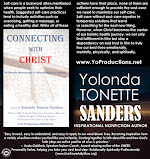


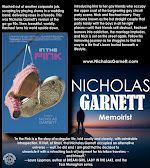


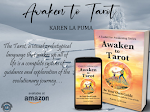
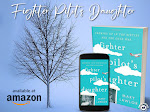
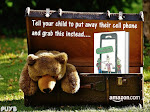
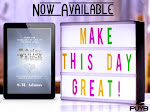


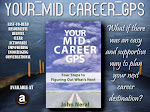
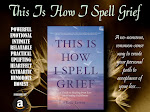
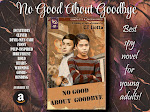

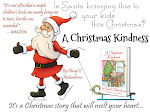
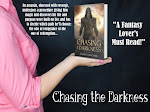
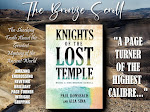


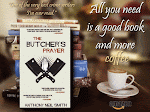
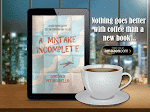
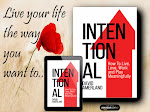
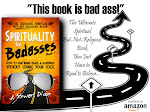

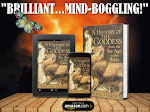

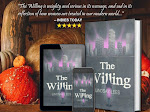
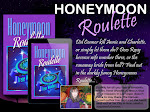
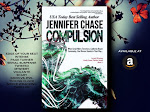
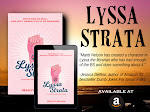
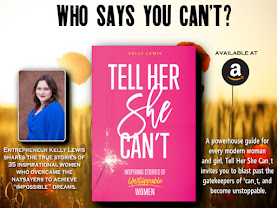









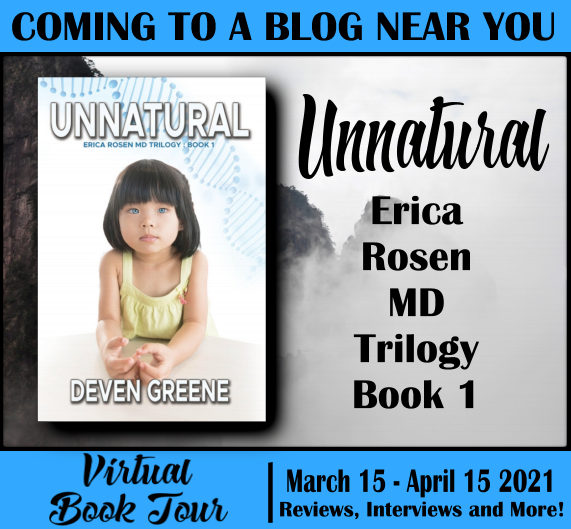
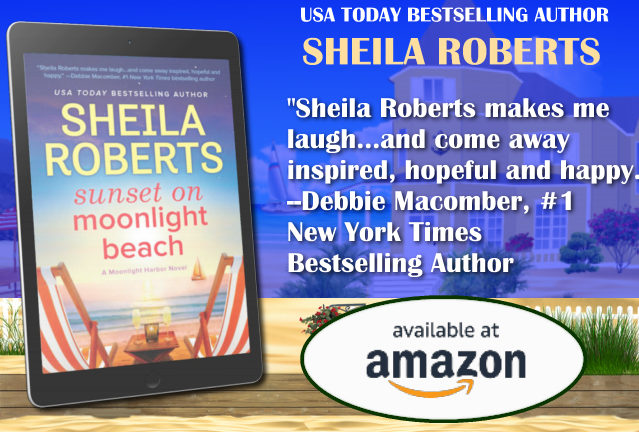



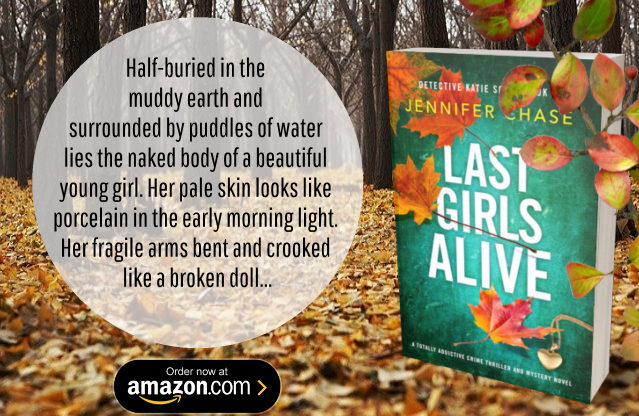
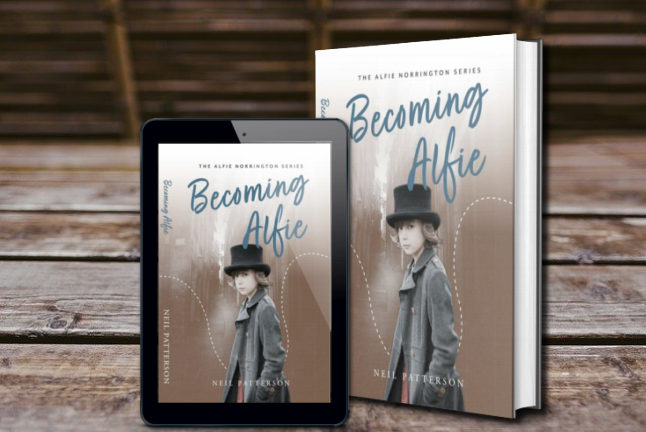
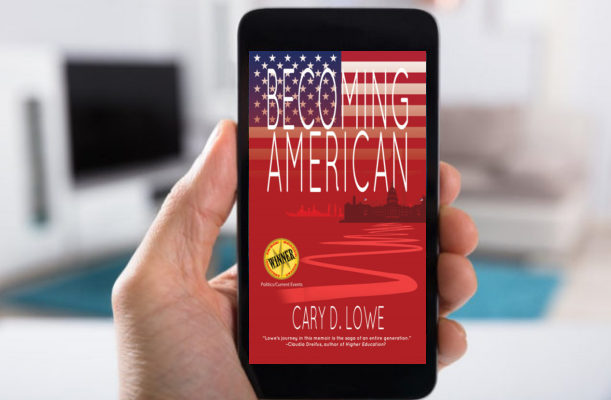

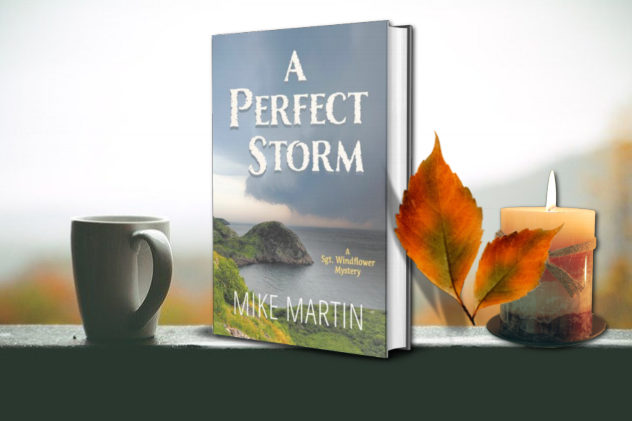
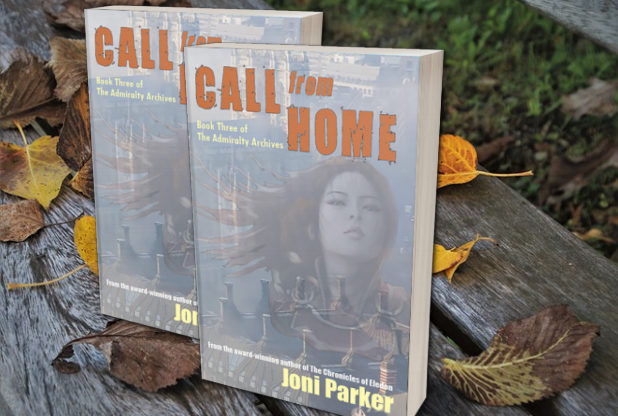
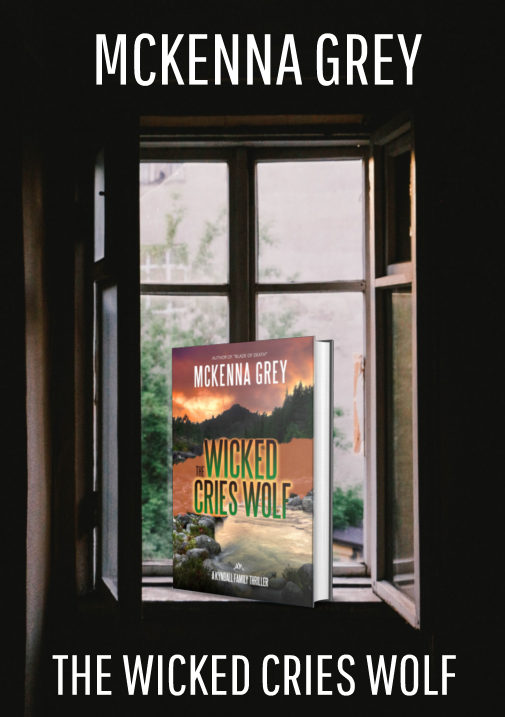


Leave a Comment